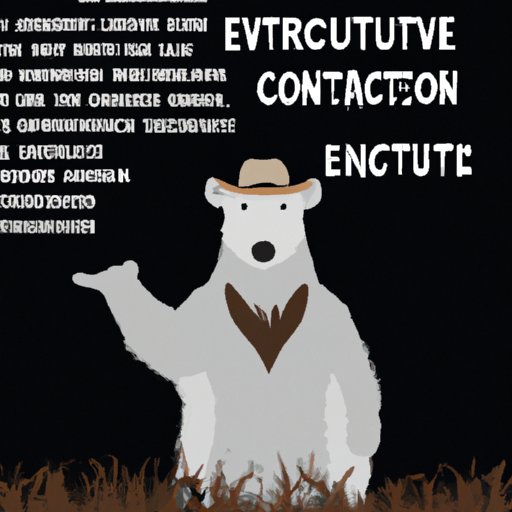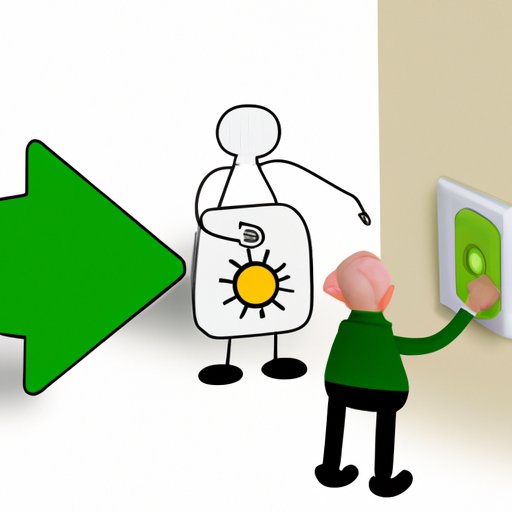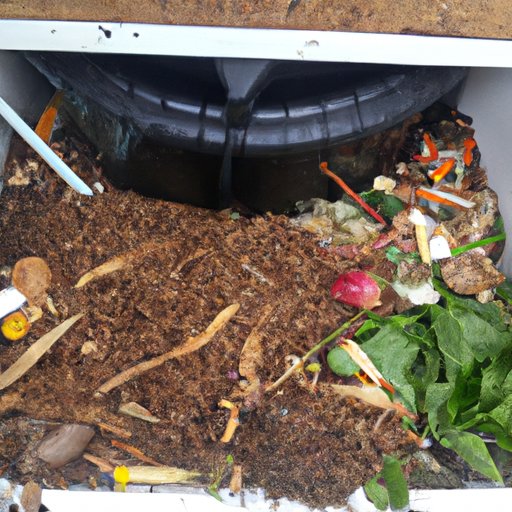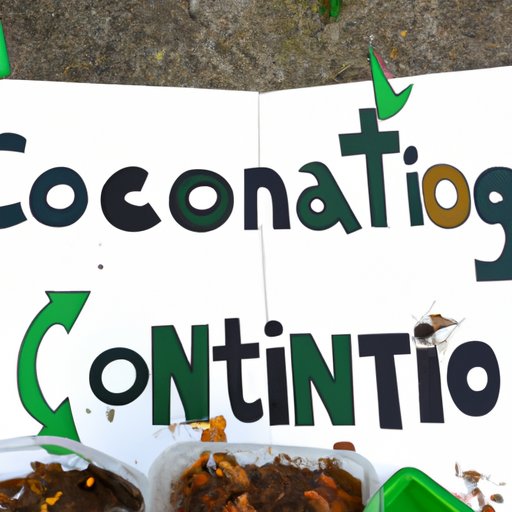Introduction
Conservation is an important part of protecting our planet and its resources for future generations. It involves making conscious decisions about how we use the Earth’s natural resources, and taking action to reduce our environmental impact. This article will provide an overview of how to start conservation efforts, from educating yourself and others to creating a home composting system.

Educate yourself and others about the importance of conservation
In order to make a meaningful difference in the world, it is important to understand the science behind conservation efforts. Research local environmental issues, such as water contamination, air pollution, and deforestation. Reading up on these topics will help you better understand the need for conservation and the ways in which people can help. Additionally, spread awareness of conservation efforts through your social media platforms or by volunteering with organizations that focus on education.
Participate in local clean-up efforts
An easy way to get involved in conservation is to join local clean-up events. These events are typically organized by local environmental groups or nature centers and involve removing debris from parks, rivers, and other natural areas. They are great opportunities to meet like-minded people and do something positive for the environment. Look for upcoming events in your area and sign up to volunteer!

Make an effort to reduce your own energy consumption
Another way to reduce your environmental impact is to make an effort to reduce your own energy consumption. Try using renewable energy sources, such as solar power and wind turbines, when possible. Additionally, reduce water usage by taking shorter showers, fixing leaky faucets, and using low-flow toilets. Finally, switch out old appliances with energy-efficient models, which will help lower your electricity bill and reduce your carbon footprint.
Plant native trees and plants in your area
One of the most effective ways to start conservation is to plant native trees and plants in your area. Native species are adapted to the local climate and soil conditions and require less maintenance than non-native plants. Research local flora and purchase native species from nurseries. When planting, be sure to follow proper planting and maintenance techniques in order to ensure the plants thrive in their new environment.
Support organizations dedicated to conservation efforts
Organizations dedicated to conservation efforts play an important role in protecting the environment. Consider donating to causes that support conservation, attending fundraising events, and following news related to conservation. Additionally, take time to explore the websites of these organizations to learn more about their missions and the work they are doing.
Advocate for environmental legislation
One of the most powerful ways to create change is to advocate for environmental legislation. Stay up to date on relevant laws and contact your representatives to voice your opinion on environmental issues. You can also support initiatives that promote conservation, such as renewable energy projects or plastic bag bans. Remember, every voice matters and can make a difference in the fight for conservation.

Create a home composting system
Composting is an easy and effective way to reduce waste and nourish your garden. Assemble the necessary materials (such as a compost bin, shovel, and organic scraps), establish a compost location in your yard, and monitor and maintain the system. According to a study conducted by the Environmental Protection Agency, composting “can help improve soil structure, retain moisture, reduce erosion, and control pests and diseases.”
Conclusion
Conserving our planet is essential for preserving its resources for future generations. This article has provided an overview of how to start conservation efforts, from educating yourself and others to creating a home composting system. With dedication and commitment, we can make a difference in the fight for conservation.
(Note: Is this article not meeting your expectations? Do you have knowledge or insights to share? Unlock new opportunities and expand your reach by joining our authors team. Click Registration to join us and share your expertise with our readers.)
